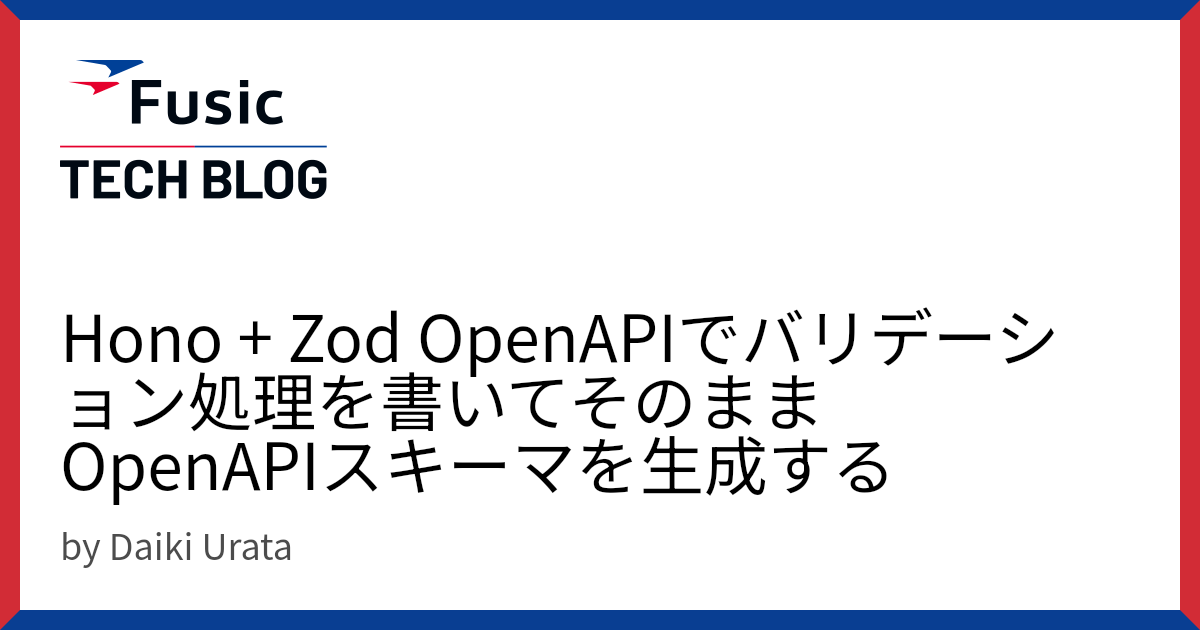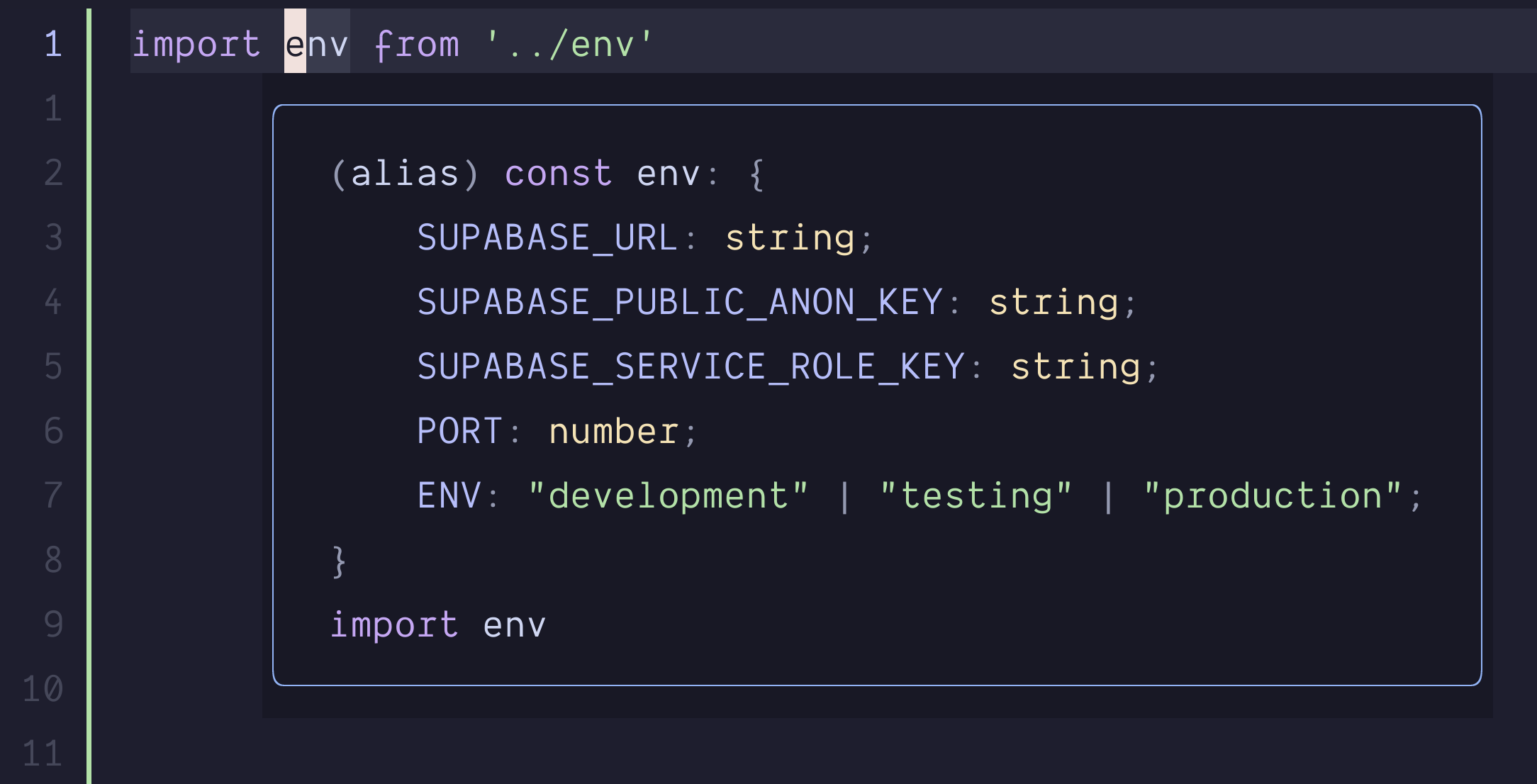Hono, a fast and minimalist web framework for Deno, paired with Zod, a powerful schema validation library for TypeScript, offers a streamlined development experience. However, integrating Zod for request validation within Hono middleware can present challenges related to type safety. This post explores these challenges and offers solutions to maintain robust type safety in your Hono applications.
Maintaining Type Safety with Zod in Hono Middleware
One of the primary advantages of using TypeScript is its strong type system, which helps prevent runtime errors. When using Zod with Hono, ensuring that your validation middleware correctly maintains type safety is crucial. Incorrectly implemented validation can lead to unexpected behavior and difficult-to-debug issues down the line. A common problem arises when attempting to access validated data after a successful Zod parse. The type system may not automatically reflect the structure guaranteed by the Zod schema, potentially resulting in runtime errors if you’re not careful about how you handle the data.
Challenges in Preserving Type Safety
A key challenge lies in how Hono’s middleware handles request data. The Request object doesn’t inherently understand Zod’s schema. After parsing the request body with Zod, you need to ensure the type system understands that the data is now validated according to your schema. Failure to do so can lead to type errors later in your code, even if the Zod validation succeeded. This is particularly true when working with complex nested objects or arrays where the type inference might become ambiguous. It’s also important to handle validation errors gracefully to provide meaningful feedback to the user. Simply letting a type error crash the server is undesirable; your middleware should handle failures and return appropriate error responses.
Effective Strategies for Type-Safe Zod Validation
To effectively utilize Zod and maintain type safety in your Hono middleware, adopt a clear strategy. First, ensure you are explicitly typing the data you expect to receive. This is crucial for Zod’s schema generation. Then, carefully handle the result of the Zod parse or safeParse functions. These functions return different results depending on success or failure; ensure your code branches appropriately, handling both scenarios effectively. Finally, document your schemas clearly; this improves code readability and maintainability. Well-documented schemas are easier to understand and maintain over time, reducing the likelihood of type-related issues.
Advanced Techniques for Robust Validation
Beyond the basic implementation, you can employ more advanced techniques to enhance type safety. Consider using Zod’s infer utility type to extract the validated type directly from your schema. This eliminates the need for manual type assertions, improving code clarity and reducing the risk of human error. Another approach is to create custom middleware functions that handle Zod validation for specific request types. This improves modularity and makes it easier to maintain your validation logic. Furthermore, leverage TypeScript’s type guards to explicitly check the type of your data after validation, which aids the compiler in recognizing the safe types after successful parsing.
Example: Using Zod’s infer Type
Here’s a simplified example demonstrating how to use Zod’s infer type: import { z } from 'zod'; const userSchema = z.object({ name: z.string(), age: z.number() }); type User = z.infer<typeof userschema="">;</typeof> This code snippet clearly defines the User type based on the userSchema, ensuring that any data parsed through this schema will conform to the User type. This significantly enhances type safety, reducing runtime errors.
| Method | Pros | Cons |
|---|---|---|
Zod’s infer |
Type-safe, concise | Requires understanding of advanced TypeScript types |
| Custom Middleware | Modular, reusable | Increased code complexity |
Remember to always handle potential errors gracefully. Zod provides mechanisms for error handling; using them correctly ensures that your application doesn’t crash due to invalid input. Consider using a comprehensive error handling strategy that provides informative error messages to your users and logs them appropriately for debugging purposes.
Conclusion
Effectively integrating Zod for request validation within Hono middleware requires careful attention to type safety. By leveraging techniques like Zod’s infer type and implementing custom middleware functions, you can significantly improve the robustness and maintainability of your application. Remember to check out Zod’s documentation for more advanced features and best practices. Always handle errors properly, providing informative error messages to the user, and use TypeScript’s powerful type system to its full potential. Explore Hono’s documentation to learn more about middleware integration. This approach will help you build more reliable and scalable applications. Learn more about TypeScript to further enhance your development skills.
#1 Hono + Zod OpenAPIOpenAPI

#2 @hono/openapi-zod openapi2aspida api

#3 Honovalidation

#4 Environment variables type safety and validation with Zod | creatures.sh

#5 webhook hono with zod validate

#6 Validation with Express.js middleware, fp-ts and Zod

#7 SvelteKit + Zod validation | Tabs Manager #8 - YouTube

#8 #47 JSX Middleware of Hono Framework - YouTube
